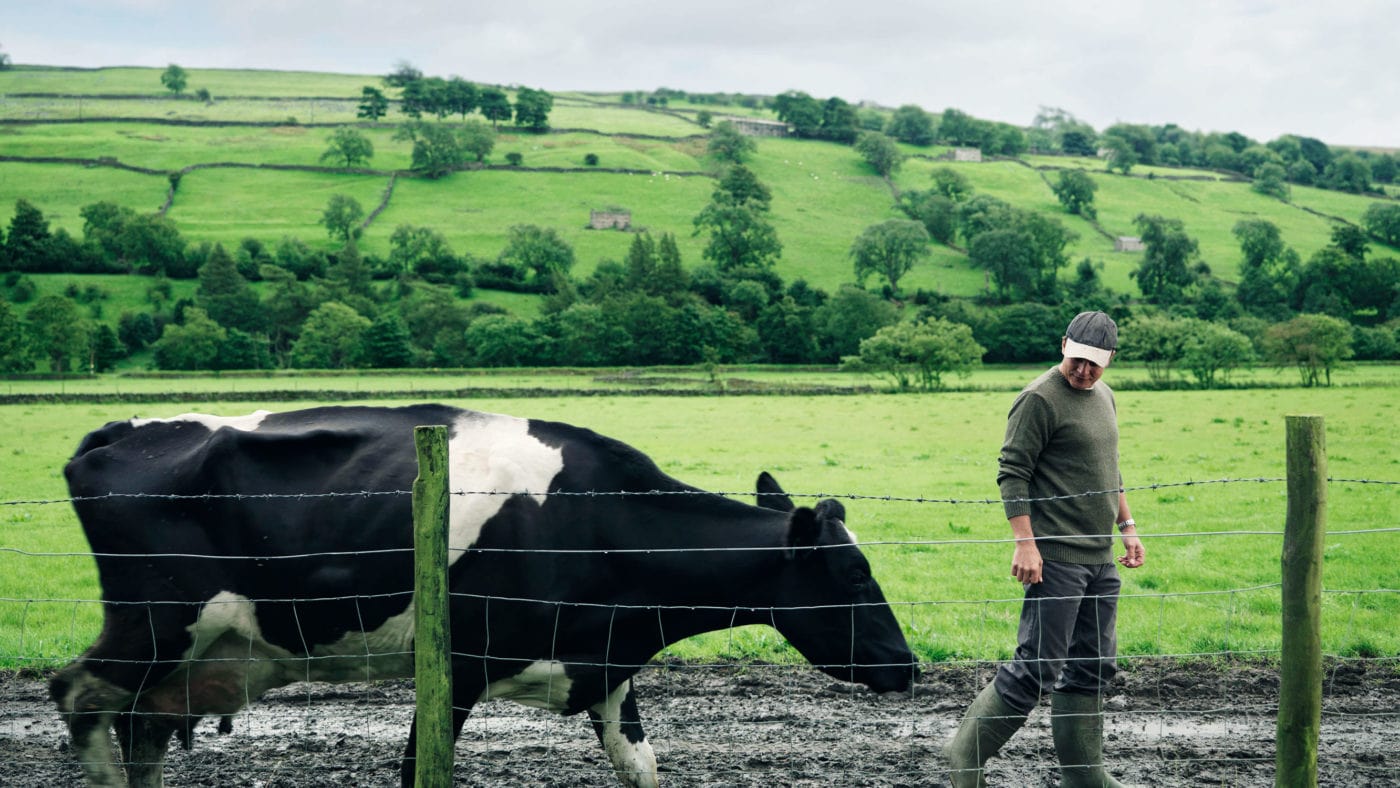There is a lot that gets said on the campaign trail as the two candidates duke it out for votes. The temptation to simply agree with what the voters seem to be asking you to say is immense. But it was particularly disappointing to hear Rishi Sunak suggest that the Australia trade deal struck by his opponent was somehow bad for the UK’s farmers.
Although I voted Remain, it was clear to me immediately, that the only way that Brexit could be an economic success (and I still very much believe it can) is if we maximise the Brexit opportunities, and minimise the disruptions. That falls into three broad areas: external trade policy, domestic regulatory reform and managing our borders. The Government needs to hit the accelerator pedal hard in all three areas.
So far we have seen the most success on the external trade policy agenda. Against the odds, and in the face of naysayers who predicted any trade agreements would take ten years, the UK has pressed on in both pace and in scope. The Australia deal is a marquee achievement that has already captured the attention of our trading partners. While the EU refuses to agree a tariff-free quota deal in agriculture, it cannot be the catalyst and game-changer in global trade which the UK can now be.
When we first announced our intention to leave the EU, WTO ambassadors in Geneva were enthusiastic, pausing only to gently ask which side of the table we would be on. Would we be a mini version of the EU with its protectionist agricultural policy, protecting its farmers with tariffs and regulatory barriers, or would we actually be a force for good on the global stage, prompting liberalisation and unblocking stalled progress in the WTO?
Nor should we indulge the idea that farmers have somehow been left out of these negotiations. The first Trade and Agriculture Commission (TAC) on which I served contained no fewer than four members connected in some way to the National Farmers Union, plus one independent farmer. The TAC’s report calling for tariff-free and quota-free trade agreements, subject to a mechanism to protect farmers from anti-competitive market distortions in other countries, paved the way for the policy now encapsulated in the UK-Australia deal (and the other deals).
But the deal actually negotiated by the UK goes even further in defence of farmers. It contains the first set of disciplines on animal welfare protection of any free trade agreement. It contains safeguards to deal with potential import surges, and its path to tariff-free, quota-free trade is far from immediate, as long transition periods have been agreed. It contains labour and environmental provisions, backed with full dispute resolution – again very unusual in trade agreements. And in the areas where Australian farmers might take the UK to task – sanitary and phytosanitary rules and technical barriers to trade – there is no dispute resolution.
The trick we pulled off with this trade deal was to both favour the status quo far more than Sunak has suggested and somehow also signal to the world that the UK is a liberalising nation which will make a positive contribution to global trade. While some of us on the free trade side of the spectrum don’t think it went far enough in a liberalising direction, it does strike a balance between the interests of farmers, animal welfare, environmental objectives and the UK’s export interests.
Listening to Sunak’s criticism, the Australian government are entitled to feel a little confused. For one thing, their farmers must still compete against EU farmers who have completely open access to the UK market, with no barriers of any kind, including regulatory checks, until 2023. The Australia deal will hardly move the needle on actual import flows for some time, but the Aussies are entitled to ask why some British farmers are so hostile to the deal when they are quite happy to have a massive trade deficit with EU farmers?
It’s not all hostility though – far from it. There are many farmers in the UK who welcome the deal and the wider trade policy because of their ability to improve access to other markets. For instance, the Department of International Trade has done excellent work recently ensuring that US bans on products like British lamb have been lifted. Lucrative overseas markets await and the UK famers who succeed in the future will be those that seize these opportunities, and integrate themselves into global supply chains. The ones who will lose out are those who ignore the opportunities and focus only on doing things as they have always done them. But that is generally true for all business. As Penny Mordaunt noted, the difference here is hope versus decline.
What is especially worrying is that these incumbent voices who would not change anything, and would block the ability of the UK to take advantage of its Brexit opportunities, are very powerful, If Rishi Sunak is to credibly maintain that he is prepared to seize Brexit opportunities, he will need to leave behind the rigid clinging to the views of vested interests who never want to expose themselves to competition.
These are the same businesses that want all regulations to be the same, no matter what their impact on competition actually is. Based on their track records, the contest is increasingly looking like a battle between the candidate of incumbent producers and the status quo, and the candidate of change, dynamism and the consumer. The former is a vision of managed decline. The latter one of hope and opportunity. Trade policy and regulatory policy are where words are tested.
Click here to subscribe to our daily briefing – the best pieces from CapX and across the web.
CapX depends on the generosity of its readers. If you value what we do, please consider making a donation.


